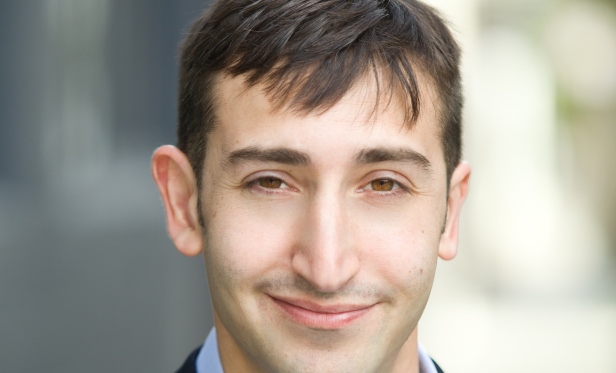 niche developers Hyatt Hotels Corporation Sares Regis Group exclusive. GlobeSt.com: What prompted your move to Northern California to work in the world of commercial real estate development? Dashevsky: GlobeSt.com: What has the transition been like from the hotel industry to the world of commercial development? Dashevsky: GlobeSt.com: What skills do you find yourself using in this role that weren't necessarily put to use as much in your previous position? Dashevsky: GlobeSt.com: What attracted you to Sares Regis Group in particular? Dashevsky: GlobeSt.com: What benefits do you get out of working in-house for a company such as Sares Regis as opposed to working for a law firm? Dashevsky:
niche developers Hyatt Hotels Corporation Sares Regis Group exclusive. GlobeSt.com: What prompted your move to Northern California to work in the world of commercial real estate development? Dashevsky: GlobeSt.com: What has the transition been like from the hotel industry to the world of commercial development? Dashevsky: GlobeSt.com: What skills do you find yourself using in this role that weren't necessarily put to use as much in your previous position? Dashevsky: GlobeSt.com: What attracted you to Sares Regis Group in particular? Dashevsky: GlobeSt.com: What benefits do you get out of working in-house for a company such as Sares Regis as opposed to working for a law firm? Dashevsky:© 2025 ALM Global, LLC, All Rights Reserved. Request academic re-use from www.copyright.com. All other uses, submit a request to [email protected]. For more information visit Asset & Logo Licensing.








